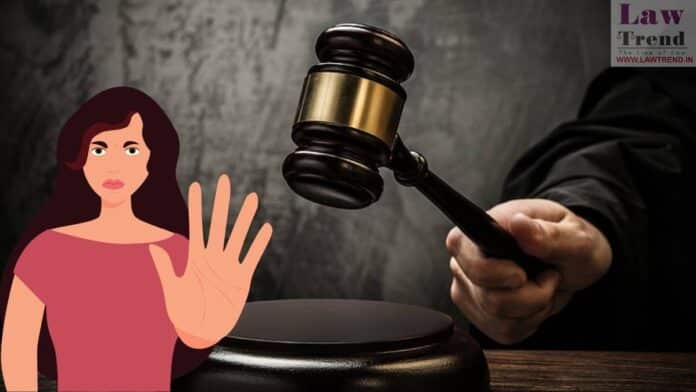The Nagpur Bench of the Bombay High Court, comprising Justices Nitin B. Suryawanshi and M. W. Chandwani, upheld the conviction of Wasim Khan and Sheikh Kadir for the gang-rape of a woman, while reiterating the evidentiary principle that past relationships do not imply continuing consent. The Court made it clear that sexual acts committed under
To Read More Please Subscribe to VIP Membership for Unlimited Access to All the Articles, Download Available Copies of Judgments/Order, Acess to Central/State Bare Acts, Advertisement Free Content, Access to More than 4000 Legal Drafts( Readymade Editable Formats of Suits, Petitions, Writs, Legal Notices, Divorce Petitions, 138 Notices, Bail Applications etc.) in Hindi and English.




